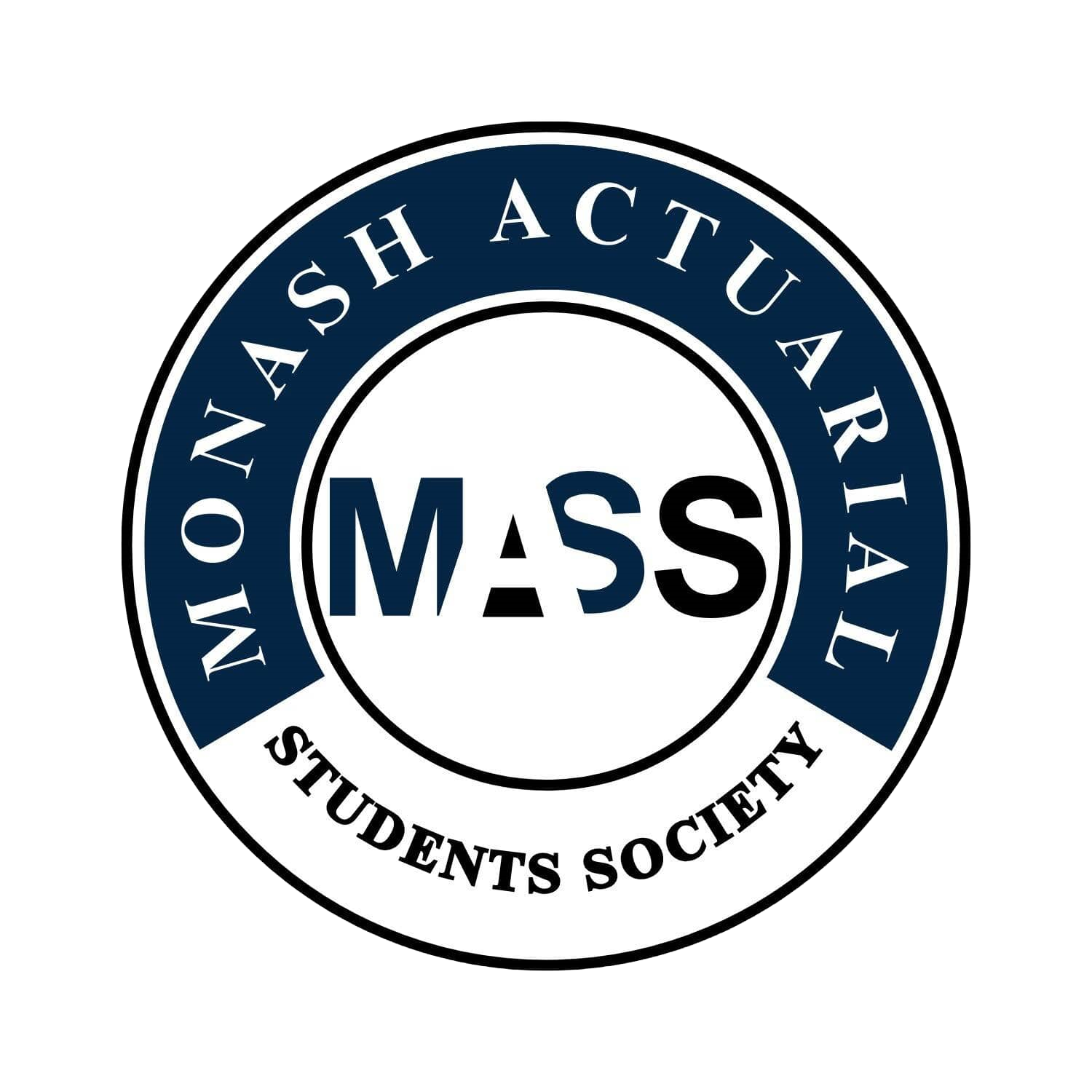ETC2520 / ETC5252 Probability and Statistical Inference for Economics and Business
Difficulty:
Year Completed: Semester 2, 2020
Prerequisite: ETC1000
(or ETF1100, or FIT1006, or ETS1102, or SCI1020, or ETB1100, or ETW1000, or ETW1100, or STA1010)
Exemption:
CS1 Actuarial Statistics
ETC1000 (25%), ETC2420 (25%), ETC2520 (35%), ETC3580 (15%)
Weighted average of 70% required. Minimum of 60% required for each unit.
Mean Setu Score: 81.6%
Clarity of Learning Outcomes: 82.2%
Clarity of Assessments: 84.4%
Feedback: 78%
Resources: 79.6%
Engagement: 83.8%
Satisfaction: 81.6%
Subject Content:
Lecture(s) and Tutorial(s):
Textbook(s):
Assessments:
Topics included discrete and continuous probability, the moment
generating function, joint distributions, statistical inference and
hypothesis testing.
2 x 1 hour lectures
1 x 1.5 hour tutorial
A textbook was provided that the lecture notes were based off,
this provided a good follow up on the lectures.
4 short in-semester quizzes
Mid-Semester Test
Attendance marks
Final Exam 60%
Comments
The unit had a mathematics focus, and the varying types of
worded questions kept the content interesting. The unit gives very
good theoretical foundations to statistical concepts that will be
used frequently in later units. The lecture content is taught well
and lectures were clear and concise. The early content has
medium difficulty while later content is much more mathematical
and difficult to understand. It is advised to review the hard
content during consultation.
The lectures were very informative. The one-hour lectures made
it easier to switch on and engage for the full class. Lectures are in
the form of multiple videos. Lectures were delivered well with
easy to understand examples. The explanation for theory is often
not enough for a good understanding of it however, but tutorials
and consultations will help. The lectures must be watched, except
for the first few weeks if you know the basic statistical concepts.
The tutorials are necessary as attendance is marked. Tutorials are
delivered well with examples of questions based on the week's
content. Often tutorials will give alternative solutions or the best
approaches to questions and therefore are very beneficial. In
saying so, tutorials do not cover extra content and are not
necessary for a full understanding of the theory.
In-semester quizzes and midsem are multiple choice and
therefore quite easy. The questions are not overly difficult but is
harder than tutorial questions. They are very good for revision
and consolidating knowledge. Final exam is fair and mostly
standard. The questions are harder than tutorial questions and
require sound understanding of the unit. As the unit was
revamped recently, past and practice exams are limited.
The unit is very important for doing well in units after. The core
theories of this unit, distributions, MGF, maximum likelihood and
statistical inference, is repeated in different 3rd year units. Some
concepts are difficult to understand, such as moment generation
and statistical inferences, so it is essential that you read and
understand every line of the solutions in the lecture.
General Overview:
Lectures:
Tutorials:
Assessments/Other Assessments
Concluding Remarks

